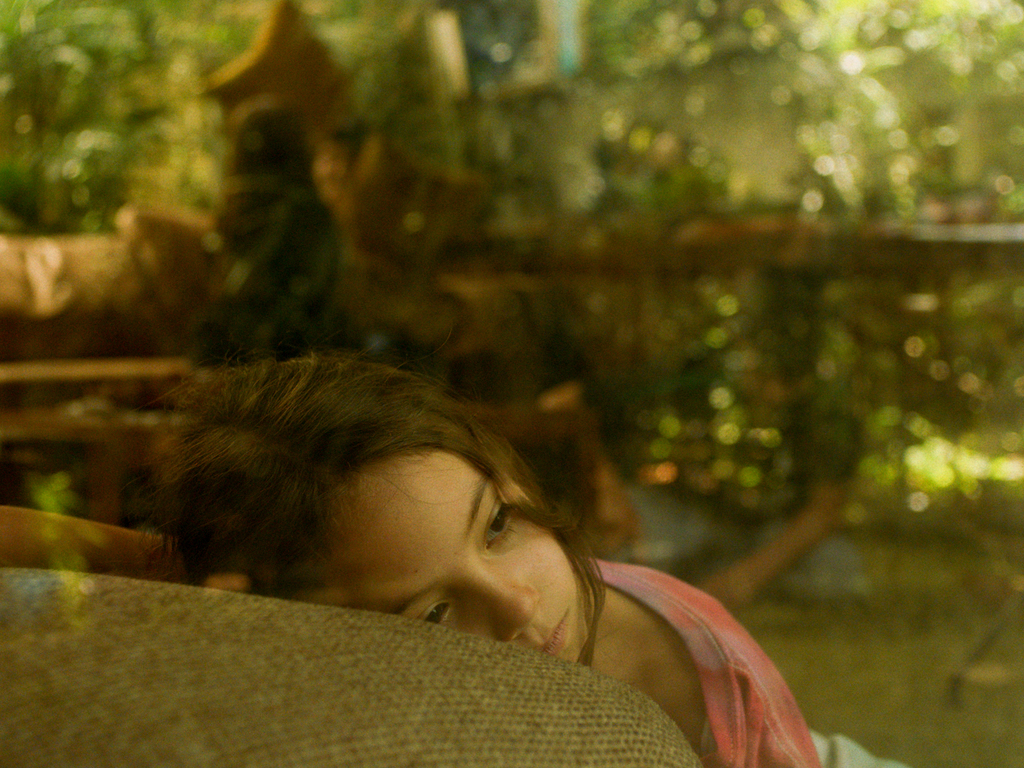
Reviewed by Cheng Hao
How do we mourn for someone not yet gone – more so through the eyes of a child where death is incomprehensible?
Lila Avilés’ second feature Tótem (2023) is a soulful exploration of the longstanding subject of illness, as the prelude to death, and usherer of grief. Having premiered at the 73rd Berlin International Film Festival, Totem was streamed at the 2023 Singapore International Film Festival (SGIFF).
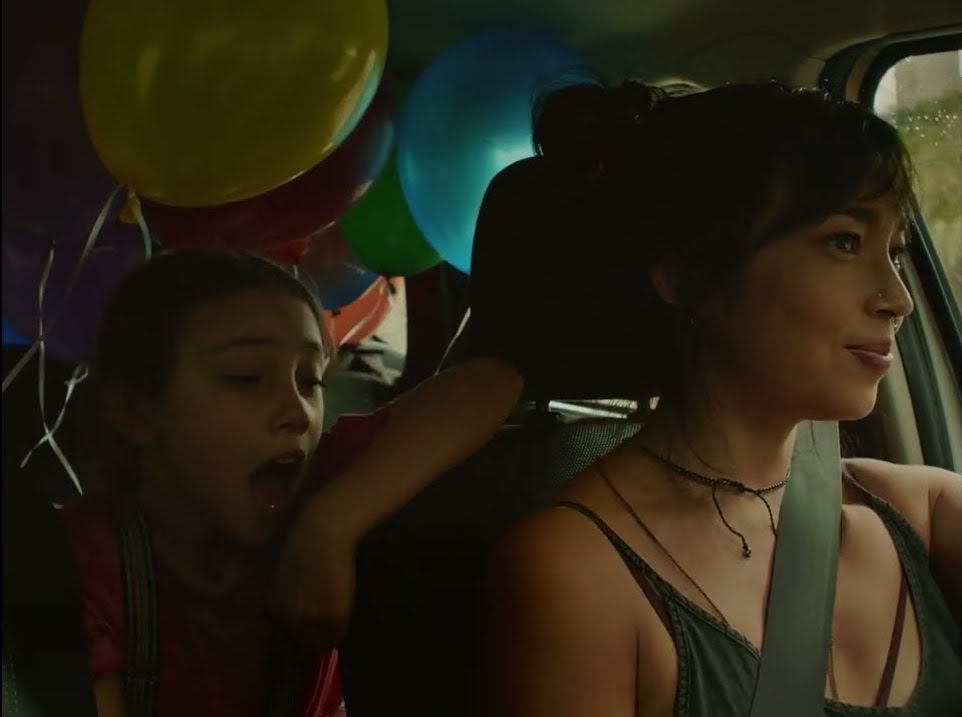
tv & film reviews
Centering around a family coming to terms with a relative’s terminal illness, Totem follows seven-year-old Sol (Naíma Sentíes) as she attends a birthday party for Tona (Mateo Garcia), her father, who is ailing from cancer. We witness the comings and goings of family members and friends as they convene at Sol’s grandfather’s house, amidst many moving parts, to throw a final hurrah for Tona.
Personally, I found the film’s suggestion of illness – as not simply an individual experience, but one that implicates other family members – extremely insightful. Illness not only assumes centrality within the family but subsumes the identities of those around them, of caretakers and loved ones. And yet, in the face of despair, I also appreciated how Tótem presents a latent optimism in its reassurance of love’s endurance.
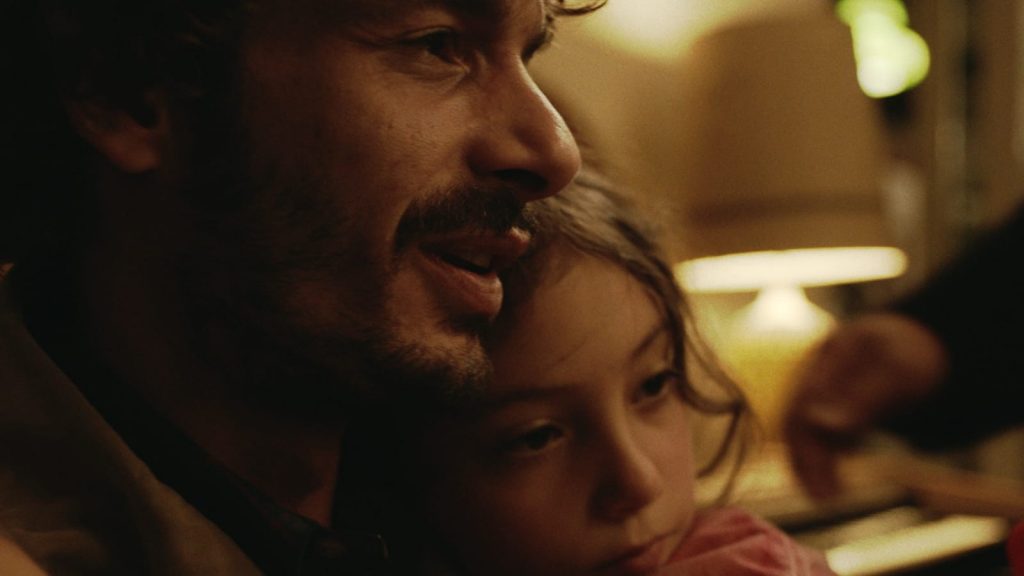
tv & film reviews
While illness has long been sensationalised in media as dramatic and spectacular, in Tótem, Aviles instead invokes a more familiar and understated presentation, one that addresses more unseen nuances. The film presents the unspoken dilemma faced by those suffering from chronic illness: when illness takes on a communal nature, how does one navigate the distance between them and their loved ones?
On one hand, there is an obvious instinct for closeness and to cherish remaining time with one’s family. But on the other hand, there is instead a conscious effort to isolate from one’s family to reduce their emotional burden, but at the cost of alienating those around them.
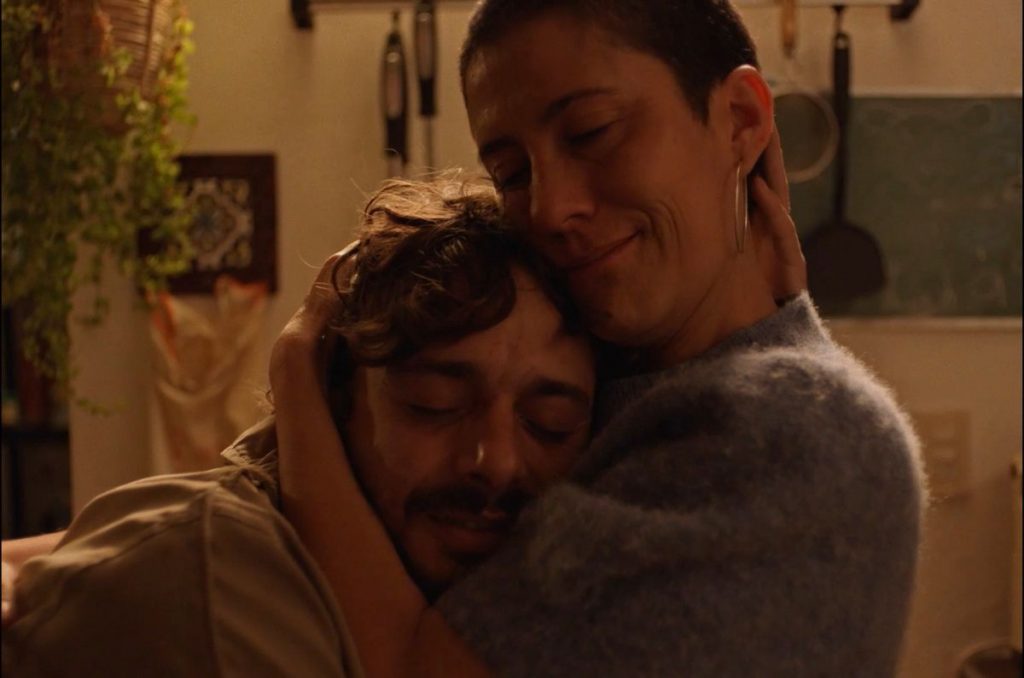
tv & film reviews
These complexities of negotiating one’s illness is extremely palpable in Mateo Garcia’s portrayal of Tona. The numerous moments of prolonged stillness and loneliness he experiences, is paralleled by Sol’s loneliness as well, perfectly capturing the double-bind of trying to reconcile this distance.
In a more positive light, Tótem also introduces the different ways love manifests, not only through the various family members’ acts of service, but also within objects. Tona’s illness becomes an opportunity for collective action, where each family member performs their love for Tona, whether explicitly or unspoken.
Specifically, in an overlooked scene, Roberto, Tona’s father, gifts him a bonsai, which while peculiar given its eventual outliving of Tona, I found extremely powerful in its symbolism. Much like how Tona paints for Sol: “I painted this for you because, sometimes we can’t always see the things we love the most, but they are there…”, objects become proxies for people to live on through. Rather than an object for Tona to own, the bonsai instead becomes an object for his memory and presence to live on through and be preserved in. For if Tona’s life cannot be preserved in his current body, then instead in the bonsai. Where Roberto’s love cannot be communicated verbally (after being rendered mute by his own cancer) – he will do so in action, in his commitment to taking care of the bonsai, and in this way, love endures even posthumously.
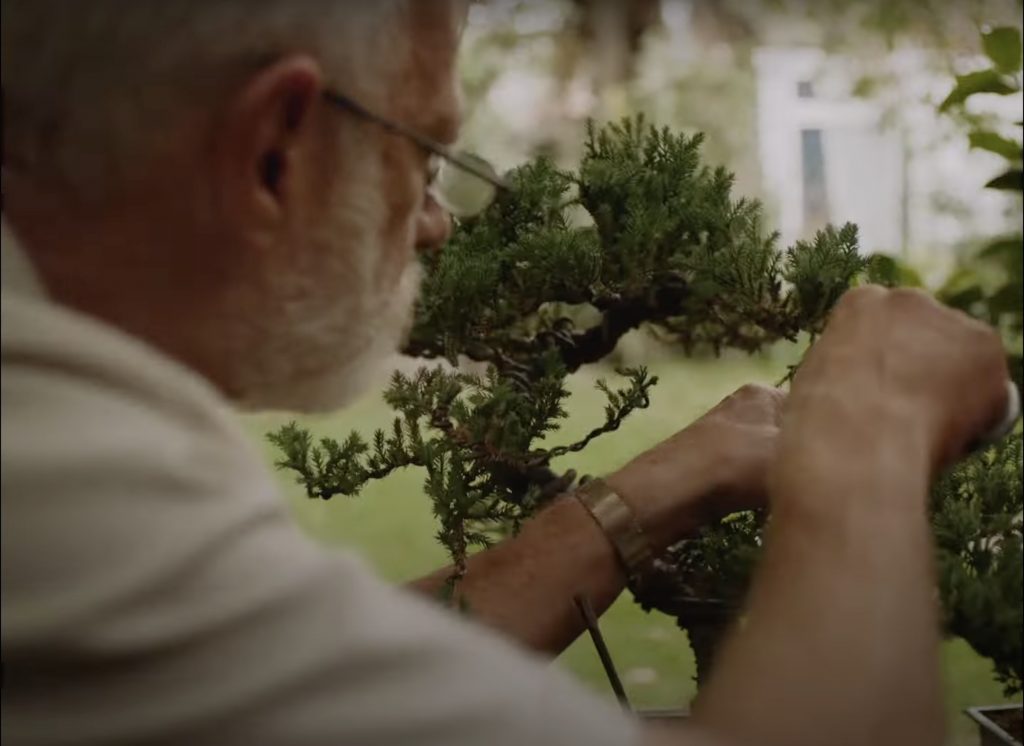
tv & film reviews
Tótem is hence a film about family, about their idiosyncrasies, convictions and sacrifices, but most of all, about all the things we do for one another. No ostentatious gestures are produced by Tona’s family members, Tótem instead explores how there are no “wrong” ways to love, no certain way love should look like, only that it should be sincere.
I thoroughly enjoyed the film’s dignified and nuanced treatment of illness, especially through the commonly neglected perspective of a child. Aviles’ take on such a recurrent subject is exceptionally fresh and eye-opening, and while tear-inducing, is not for the cliche of loss, but for how heartening the portrayal of love is.
Cheng Hao is a big fan of literature and gravitates towards stories from the margins. Admittedly, with his short attention span, he tends to watch more film summaries on Youtube than films themselves. Nevertheless he enjoys exploring film adaptations of novels and has a penchant for sci-fi.
Click Here For More Film Reviews
Do you love writing? Send us a film review and we will feature it on our website. Any film that people can see in the theater or online. Email to: media@scape.sg
This review is also published on Singapore Film Society as part of *SCAPE’s Film Critics Lab: A Writing Mentorship Programme.

